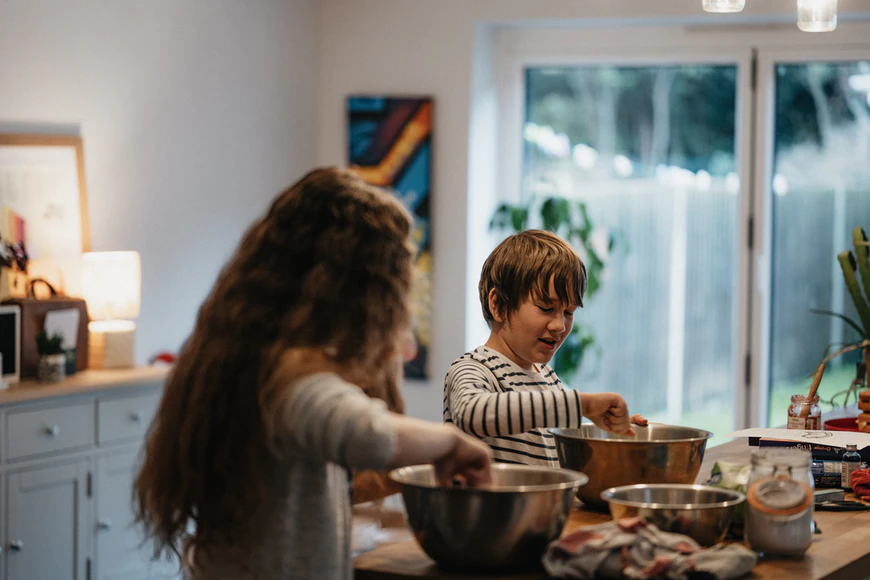
Whether cooking for your customers, yourself, or your family, you don’t want to introduce toxic compounds that might risk someone’s health. Unfortunately, toxins like perfluorooctanoic acid and phthalates usually lurk in kitchens despite doing your best to keep them out.
So in this post, there are six ways to help you achieve a toxin-free kitchen. Read on so you can keep your food safe and healthy.
- Be careful when using aluminum cookware
More than 50% of cookware in the market is made of aluminum. It is a lightweight material, and it distributes heat evenly. When buying aluminum cookware, avoid those that are made with untreated aluminum. This material can transfer a significant amount of aluminum to food, particularly when preparing acidic or salty food.
Fortunately, most aluminum cookware today is anodized. It seals the aluminum, making it scratch-resistant and safe for cooking. Dispose of your untreated aluminum cookware today. You can send them to a scrap metal Kansas City facility so that they can be recycled.
- Use glass storage containers instead of plastic
You’ll regret not having switched to glass storage containers long ago once you make the transition. Glass containers are easy to clean, longer-lasting, and are far healthier than their plastic counterparts. So say no more to greasy plastic containers when you switch to glass. Aside from containers, consider replacing plastic drinking cups with glass.
- Buy a high-quality water filter
Issues in water quality also exist in the U.S. Chemicals like mercury, chlorine, fluoride, lead, arsenic, and PCBs are only among the many contaminants that could risk your health. Invest in a high-quality water filtration system to ensure you’re drinking safe, clean water. Contaminated water can cause many types of illness, including dysentery, cholera, diarrhea, typhoid fever, and more.
Carbon filters are no longer enough to keep water safe. Instead, upgrade to an under-the-counter multi-stage or reverse osmosis filter to ensure no toxic compounds make it to your glass.
- Skip non-stick
Your favorite non-stick cookware could pose a risk to your health. Scientists worldwide warn people about poly and perfluoroalkyl substances (PFASs), commonly found on non-stick coatings. Rice cookers, bakeware, slow cookers, and pans often have non-stick coatings. You may also find them in some food wrap and pizza boxes.
Instead of non-stick cookware, switch to stainless steel, glass, ceramic, and cast iron. Most of these materials are also durable and easy to clean.
- Replace old cutting boards
When a cutting board already has big, deep cuts, replace them with a new one. These deep cuts trap moisture, which is a breeding ground for bacteria. Also, switch to solid hardwood cutting boards that are made without glue. Plastic cutting boards might be cheaper, but they have chemical additives that might get into food.
- Consider ditching plastic wrap
The plastic wrap might contain BPA or PVC, which can negatively affect health. So, consider using less or none at all.
Conclusion
Overall, toxins can get in and around your kitchen at any time. However, by following the tips mentioned earlier, you can reduce the presence of these harmful chemicals, particularly in your food or drink. Which of the abovementioned tips surprises you most?
Leave a Reply